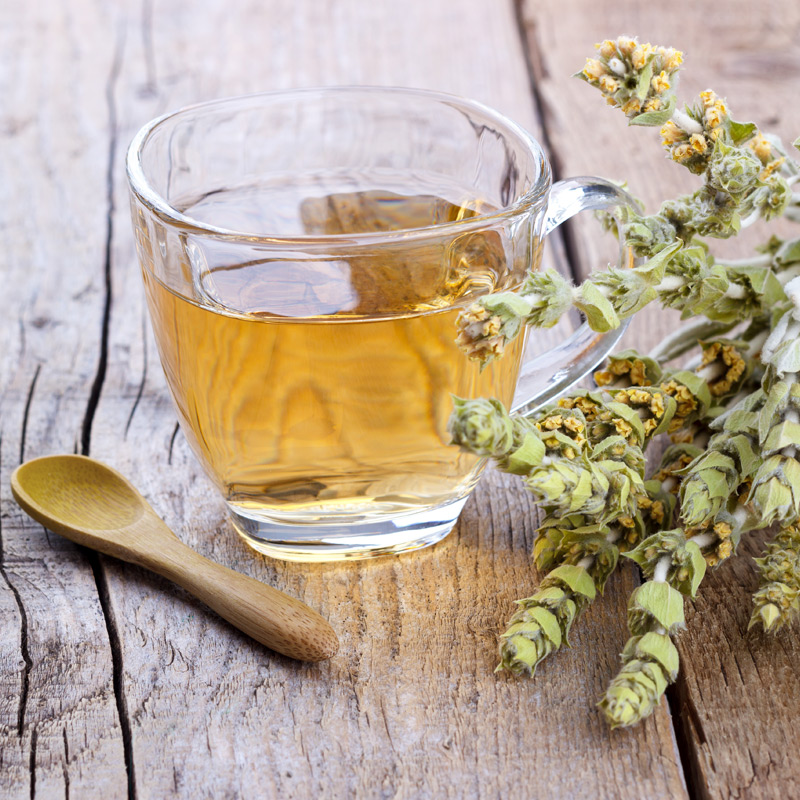
100 gr |
-- |
|
|---|---|---|
| Carbohydrate (gr) | 15.04 |
4928.47 |
| Protein (gr) | 3.59 |
1176.23 |
| Fat (gr) | 12.46 |
4083.43 |
| Fiber (gr) | 1.36 |
445.97 |
| Cholesterol (mg) | 14.64 |
4795.8 |
| Sodium (mg) | 325.27 |
106557.75 |
| Potassium (mg) | 392.16 |
128471.4 |
| Calcium (mg) | 78.15 |
25603.27 |
| Vitamin A (mg) | 46.04 |
15084.01 |
| Vitamin C (mg) | 6.16 |
2019.31 |
| Iron | 0.62 |
203.1 |
Medicinal plants, such as sage, have gained significant popularity in modern times due to their countless benefits and ability to provide natural remedies without relying on chemical treatments. Sage, a plant with a long history of use, is rich in vitamins A, B, and C, as well as essential minerals. Known for its warm and dry nature, the plant has been revered for its healing properties since ancient times. Its scientific name originates from the Latin word salvere, meaning "to save," highlighting its reputation as a savior in traditional medicine.
Belonging to the mint family (Lamiaceae), sage shares many similarities with rosemary, often referred to as its "sister herb." Both plants are evergreen shrubs with distinct aromas, though sage boasts blue or purple flowers, setting it apart. The primary compound behind its therapeutic properties is rosmarinic acid, a potent chemical known for its health benefits.
Interestingly, 100 milliliters of sage tea contains only 1 calorie, making it an ideal addition to a calorie-conscious lifestyle.